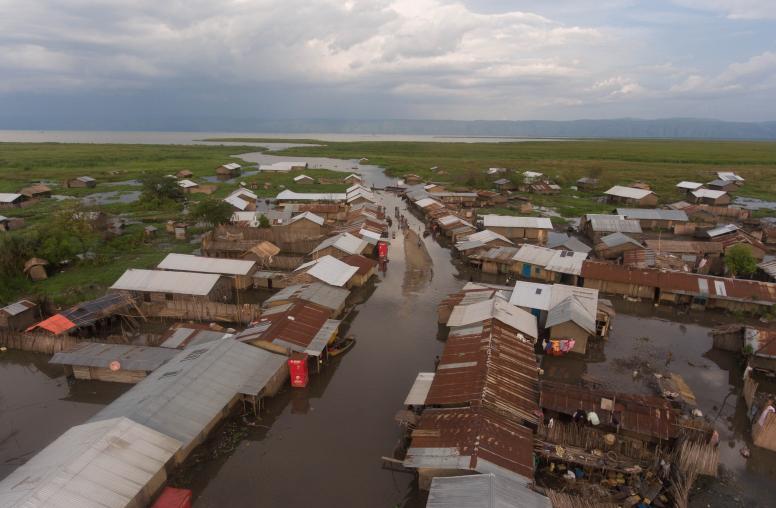Weak Ugandan Democracy, Strong Regional Influence
Ugandan President Yoweri Museveni’s reputation is weakened by his unwillingness to leave office: he was elected for a fifth term of office in February 2016 in an election that drew international criticism. This report, a joint publication of USIP and the Institute for Security Studies, explores key elements of Uganda’s domestic politics and foreign policy as well as the impact they have in the region and internationally.
Summary
- Ugandan President Yoweri Museveni came to power in 1986 after leading the National Resistance Army’s armed struggle for control of the country.
- Initially hailed as one of Africa’s new, progressive, and capable heads of state, Museveni has seen his favorable reputation tarnished by his unwillingness to leave office.
- Sensing threats to his campaign, Museveni orchestrated widespread political repression in the months leading up to the elections; he was elected for a fifth term of office in February 2016 in an election that drew international criticism.
- Museveni has come to be seen as the most dominant leader in the region and an essential ally both to many neighboring countries and to the West.
- Uganda’s prominent regional role has allowed Museveni to deflect criticism of Uganda’s weakening democracy.
- Through Uganda’s deployments to the African Union Mission in Somalia, its participation in missions to counter the Lord’s Resistance Army, and its intervention in the South Sudanese crisis, Museveni demonstrated his willingness and capacity to deploy his armed forces to advance his foreign policy objectives. His various interventions in the Democratic Republic of the Congo, however, damaged Uganda’s international reputation.
- Polarization and repression within Uganda remain high and relations are strained between Museveni and some of Uganda’s allies. Museveni’s eventual succession is uncertain and presents a risk of increased political tensions.
- Analysis of recent international interventions and the drivers behind them offers insight about Uganda’s future foreign policy, whether under Museveni or a successor.
About the Report
In the wake of Uganda’s contentious 2016 presidential election, this report explores key elements of the country’s domestic politics and foreign policy as well as their regional and international ramifications. A joint publication of the United States Institute of Peace (USIP) and the Institute for Security Studies (ISS), the report draws on interviews conducted in Uganda, Ethiopia, South Africa, and the United States and on desk research.
About the Authors
Elizabeth Murray is a senior program officer in USIP’s sub-Saharan Africa program. Berouk Mesfin is a senior researcher in charge of the Horn of Africa region within the Conflict Prevention and Risk Analysis Division of the ISS. Stephanie Wolters is the division head of the Conflict Prevention and Risk Analysis Division of the ISS.



